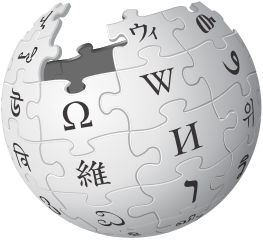A recording of this event is available for viewing.
You are invited to an upcoming Wikipedia Edit-a-thon on Asian Canadian Content: Historical Newspapers for Chinese Canadians before 1930s by Ying Liu (Asian Studies Librarian) and Dr. Matt Huculak (Head, Advanced Research Services & Digital Scholarship Librarian), supported by the Electronic Textual Cultures Lab and the University of Victoria Libraries. This event will take place virtually on Wednesday, November 17, 2021 from 12pm–2pm PST (2pm–4pm CST / 3pm–5pm EST), and it is free and open to all.
Recent motions have made clear that there is a lack of representation of Asian Canadian content in online environments, including in the world’s most visited source, Wikipedia. This two-hour workshop is designed for interested librarians, faculty members, community researchers, and students working on a broad range of topics related to Asian Canadian Studies. In the first part of the workshop, Ying will talk about her experience of writing a Wikipedia article about a Chinese Canadian newspaper—the New Republic Chinese Daily—and her finding that more qualified Wikipedia content about Asian Canadian communities is needed to support anti-racism in the online environment.
This will be followed by a hands-on session by Dr. Matt Huculak, who will introduce the Wikipedia editing, reviewing, and publishing process, and give a step-by-step guide on how to start.
Relevant topics can be explored in the discussion will include forming a working group to lead a pilot project of creating/editing Wikipedia entries about historical Chinese Canadian newspapers; encouraging the cooperation between librarians and instructors to embed Wikipedia editing in teaching; and engaging community researchers and other knowledge holders in sharing and contributing in Wikipedia.
Details
- Wednesday November 17, 2021 from 12pm–2pm PST (2pm–4pm CST / 3pm–5pm EST)
- Online; zoom link will be provided to registered attendees closer to the event
- Registration is free but required: Register here
This talk is free and open to the public. Students and community members are welcome.


